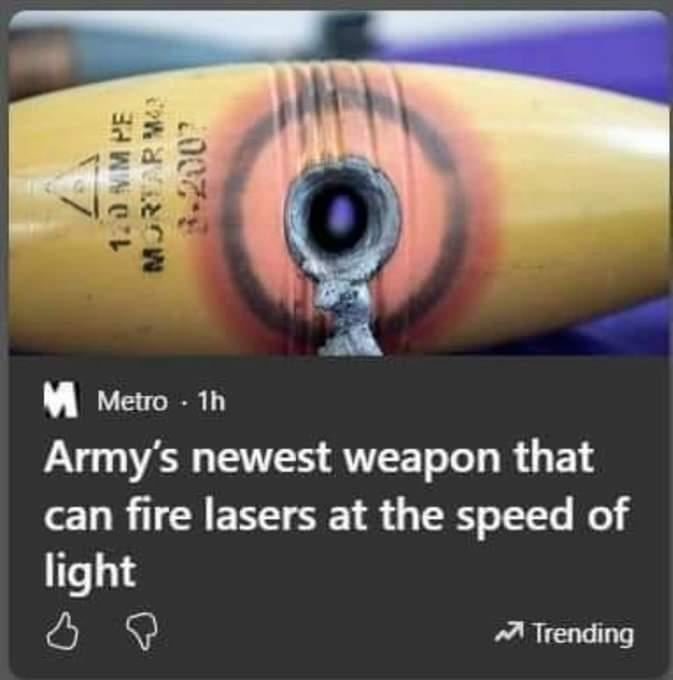this post was submitted on 25 Jul 2024
1145 points (99.3% liked)
Science Memes
10340 readers
3698 users here now
Welcome to c/science_memes @ Mander.xyz!
A place for majestic STEMLORD peacocking, as well as memes about the realities of working in a lab.

Rules
- Don't throw mud. Behave like an intellectual and remember the human.
- Keep it rooted (on topic).
- No spam.
- Infographics welcome, get schooled.
Research Committee
Other Mander Communities
Science and Research
Biology and Life Sciences
- [email protected]
- [email protected]
- [email protected]
- [email protected]
- [email protected]
- [email protected]
- [email protected]
- [email protected]
- [email protected]
- [email protected]
- [email protected]
- [email protected]
- [email protected]
- [email protected]
- [email protected]
- [email protected]
- [email protected]
- [email protected]
- [email protected]
- [email protected]
- [email protected]
- [email protected]
- [email protected]
- [email protected]
- !reptiles and [email protected]
Physical Sciences
- [email protected]
- [email protected]
- [email protected]
- [email protected]
- [email protected]
- [email protected]
- [email protected]
- [email protected]
- [email protected]
Humanities and Social Sciences
Practical and Applied Sciences
- !exercise-and [email protected]
- [email protected]
- !self [email protected]
- [email protected]
- [email protected]
- [email protected]
Memes
Miscellaneous
founded 2 years ago
MODERATORS
you are viewing a single comment's thread
view the rest of the comments
view the rest of the comments

If you fire a laser that goes first through vacuum, then through a lens, then again in vacuum, at what speed is the light travelling on the other side?
It's same as it was at first. The speed of light depends on the index of refraction of the medium it's in, but doesn't depend on its "history."
I didn't write it out, but what I was trying to get at was that if it would "slow down", then it would be slower on the other side. The explanation that the light travels longer through a medium with the same speed would therefore make sense to me.
But then again, how it wouldn't shoot out in every direction, that doesn't make sense to me.
I don't know much about light, that's why i'm asking. And i'm sure some article or paper would have anwers for that question, I might search it on my own.
Ah, I think I see what you mean.
I think the right way to think about this is as a wave, and in that respect, it's no different from sound waves. If sound goes through the air, then through another medium, then out the other side back to air, the speed will follow the same general rules as with light. One notable differece is that speed of sound through many materials is faster than through air.
Note also that you'll get acoustic reflections at interfaces, which is analogous to optical (Fresnel) reflections at interfaces (e.g., reflection off of glass or water).